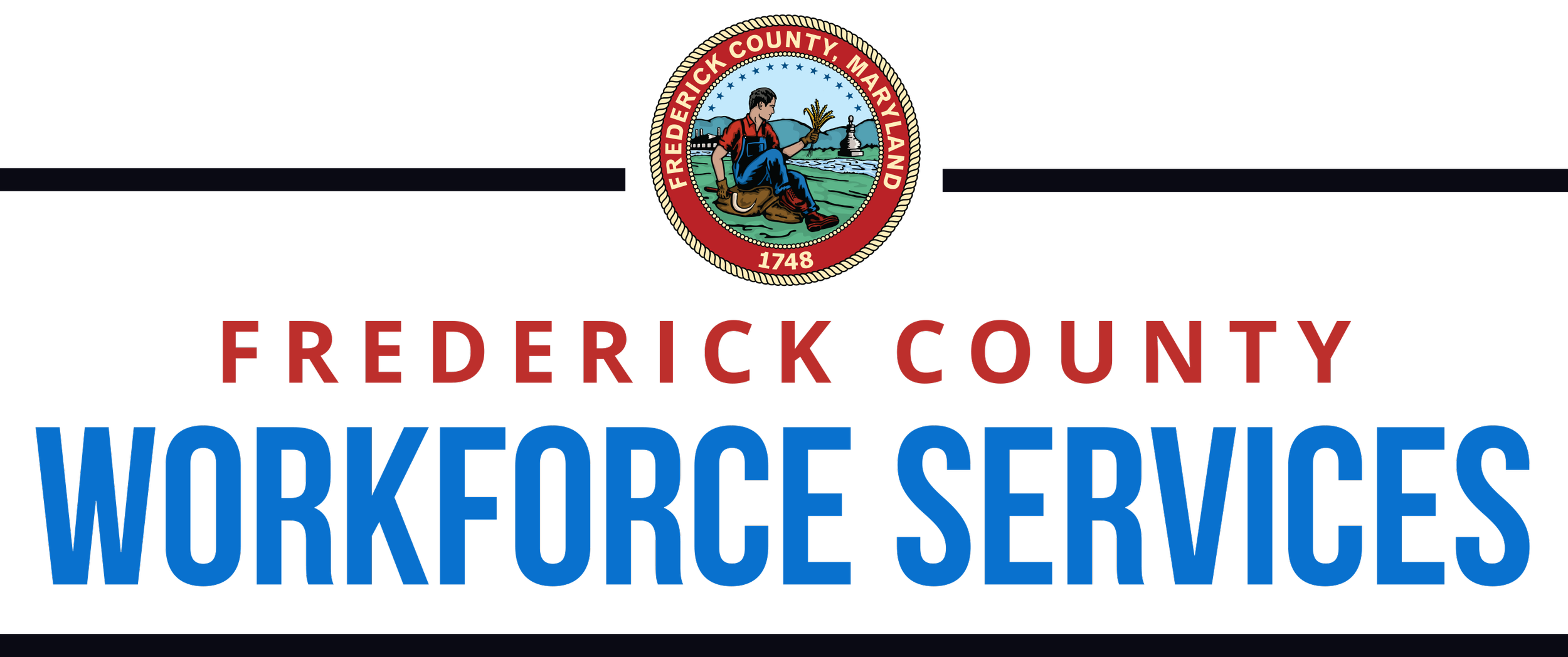What To Do When You Are "Overqualified"
Question:
Last week, I had a final round of interviews for an entry-level marketing position. I have many years of experience in the field and thought I’d be a shoo-in. However, I was informed yesterday that I didn’t get the job. When I inquired about what I lacked for the position, the employer indicated that I didn’t lack anything at all; in fact, they thought I was “overqualified.” When did being “overqualified” turn into a negative?
Answer:
Being highly qualified shouldn’t be perceived as a negative quality, and I empathize with your feelings of frustration and confusion. I understand that being told that you are “overqualified” almost seems like a backhanded compliment. You are a strong candidate who would exceed at the job, but for some reason, you’re viewed as being too good for the role. I wish I could give you an easy fix to tackle this conundrum but there isn’t. However, addressing some underlying assumptions might assist you in your next interview.
If you want to apply for various levels of positions that range from junior to senior-level, then you will want to tackle assumptions that are attached to being overqualified. One assumption is that you might get too bored with the position and would leave for a better role. If you have years of experience in Marketing, some interviewers would want to know why you are applying for a lower-level position. It would appear that you are better suited for a manager position as opposed to a coordinator role. This can be addressed proactively in your cover letter and/or during the interview. Be mindful that the employer may not ask you directly why you are going for a lower-level position. It will be your responsibility to make your intentions clear. A great way to clear any misconceptions is to incorporate your reason during these commonly asked questions: “Tell me about yourself?” “Why are you interested in the position?” and “Is there anything else you want us to know?”
“Be mindful that the employer may not ask you directly why you are going for a lower-level position. It will be your responsibility to make your intentions clear.”
The biggest assumption about being overqualified is that you are too experienced for the job and would command a high salary. Unfortunately, not all companies can pay employees what they are worth. This happened to my client, Sarah, who met the qualifications for the job and as her interview wrapped up, the interviewer disclosed the salary range for the position and asked if she was okay with that range. Sarah shared that her previous salary in a similar role was more than what they were offering. While the interviewer thought she’d be a good fit, she didn’t know if Sarah would be able to accept the lower salary range. Sarah thought about it and decided that the salary wouldn’t cover her living expenses. Ultimately, she wasn’t surprised or angry when she wasn’t selected.
Believe it or not, many interviewers don’t control the salary range and have the difficult task of finding qualified candidates that would be able to agree with their wages. Interviewers would love to hire the best-qualified candidate but often worry about that person leaving for another job with a better salary. For Sarah, this likely would have been the case, as she needed to make a certain income. However, if you are able to accept a lower salary, you should make this very clear when the prospective employer addresses your salary history and/or expectations.
Lastly, it’s okay to highlight why being overqualified is an advantage by explaining how your expertise would positively impact the company. You may want to point out that your onboarding process could be shorter compared to someone with less experience. You could mention that you are able to identify and solve problems independently, while someone brand new to the field could not. The only thing you can control is how you address these assumptions and demonstrate your enthusiasm for the prospective job. Hopefully, the right employer will take note, and be glad they chose you.

